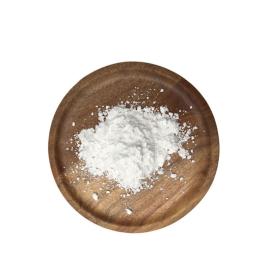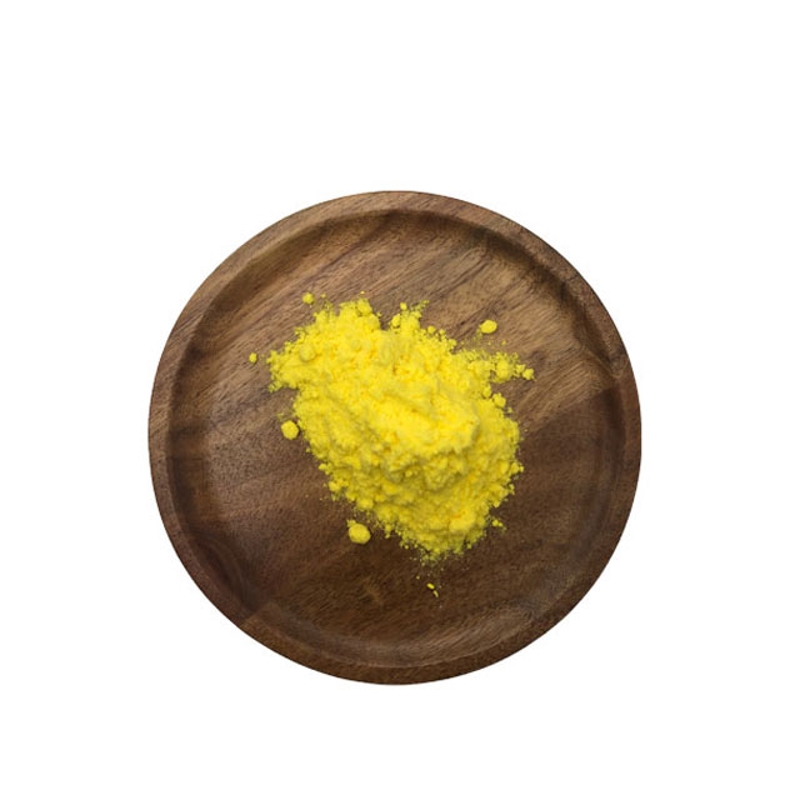-
Categories
-
Pharmaceutical Intermediates
-
Active Pharmaceutical Ingredients
-
Food Additives
- Industrial Coatings
- Agrochemicals
- Dyes and Pigments
- Surfactant
- Flavors and Fragrances
- Chemical Reagents
- Catalyst and Auxiliary
- Natural Products
- Inorganic Chemistry
-
Organic Chemistry
-
Biochemical Engineering
- Analytical Chemistry
- Cosmetic Ingredient
-
Pharmaceutical Intermediates
Promotion
ECHEMI Mall
Wholesale
Weekly Price
Exhibition
News
-
Trade Service
Antibody-drug conjugate (ADC) is formed by linking monoclonal antibodies and small molecule cytotoxic drugs through linkers.
It has both the tumor targeting of antibody drugs and the strong tumor-killing activity of chemotherapeutic drugs.
It has become one of the hottest research and development directions in the field of biotechnology drugs
.
However, antibody-drug conjugates are limited by bottlenecks such as the large molecular weight of full-length antibodies, poor tumor penetration, and low intratumoral diffusion efficiency, and their efficacy in solid tumors still needs to be broken through
.
Recently, the team of Ying Tianlei and Wu Yanling from the School of Basic Medicine of Fudan University and the team of Ding Lin from the School of Life Sciences jointly published the research results of A highly stable human single-domain antibody-drug conjugateexhibits superior penetration and treatment of solid tumors in the Molecular Therapy journal.
.
In this study, a fully human nanobody nanobody drug conjugate (UdADC) with high stability, fast distribution and strong tumor penetration was developed, and the drug was confirmed in tumor organoids, tumor microspheres and mouse tumor models.
Novel drugs have significant advantages over traditional antibody-drug conjugates
.
In the previous research, Ying Tianlei and Wu Yanling's research team integrated the design concept of synthetic biology with the theoretical technology of antibody engineering, and established an innovative fully human nanobody research and development system
.
In this study, the team further developed a high-affinity fully human nanobody n501 against carcinoembryonic antigen 5T4
.
The team found that compared with the traditional camel-derived nanobody, the fully human nanobody n501 has better stability and can still maintain antigen-binding activity under severe storage conditions such as high temperature
.
The team used structural biology methods to analyze the high-resolution three-dimensional structure of the complex of n501 and 5T4, showing that the fully human nanobody has a very similar spatial structure to the traditional camel-derived nanobody, and n501 can simultaneously interact with 8 of the 5T4 antigen.
Leucine-rich repeats (LRRs) are tightly bound together, revealing the molecular mechanism of n501's high stability and high antigen affinity
.
Further, the researchers mutated the serine at position 85 in the fully human nanobody n501 to cysteine to realize the site-specific conjugation of the small molecule drug SN38, and named this new type of drug as fully human nanobody conjugation Drugs (UdADC)
.
In order to make a systematic comparison with traditional mAb-based ADC drugs, the team used the fully human mAb R&D platform established earlier to develop a high-affinity fully human mAb m603 targeting the same target 5T4.
Conjugation technique The ADC was prepared by coupling SN38 to m603
.
In vitro anti-tumor cell experiments, both UdADC (n501-SN38) and ADC (m603-SN38) can effectively and specifically kill cell lines with high expression of 5T4
.
Because the molecular weight of fully human nanobodies (13 kDa) is smaller than that of traditional IgG mAbs (150 kDa), the team found that UdADC has a tumor tissue penetration ability far superior to ADC
.
In the pancreatic cancer organoid model and the three-dimensional tumor microsphere model, the penetration depth of UdADC is much better than that of ADC based on traditional monoclonal antibody, and it can accumulate more effectively in tumor, while ADC mostly stays in the shallow part of tumor sphere.
surface
.
In addition, in the pancreatic cancer tumor-bearing mouse model, UdADC can be rapidly localized to the tumor site and efficiently accumulated within half an hour after drug injection, so it can more effectively inhibit the growth of mouse tumors, showing a more efficient anti-tumor effect active
.
In summary, fully human nanobody drug conjugates (UdADC) have excellent characteristics of high stability, rapid distribution to tumor sites, deep tumor penetration, and high tumor uptake, and can be used as a research and development platform for a new generation of antibody conjugated drugs.
, in order to develop efficient anti-tumor targeted drugs for clinical treatment of solid tumors
.
Professor Ying Tianlei, Associate Researcher Wu Yanling, and Professor Ding Lin from the School of Life Sciences of Fudan University are the co-corresponding authors of the study.
, Associate researcher Wu Yanling and doctoral students Li Quanxiao, Kong Yu and Wang Zhi from the School of Basic Medicine of Fudan University, and Dr.
Lei Cheng from Shanghai Boao Mingsai Biotechnology Co.
, Ltd.
are the co-first authors of the study
.
Paper link: https://doi.
org/10.
1016/j.
ymthe.
2022.
04.
013 Open for reprinting, welcome to forward to Moments and WeChat groups







